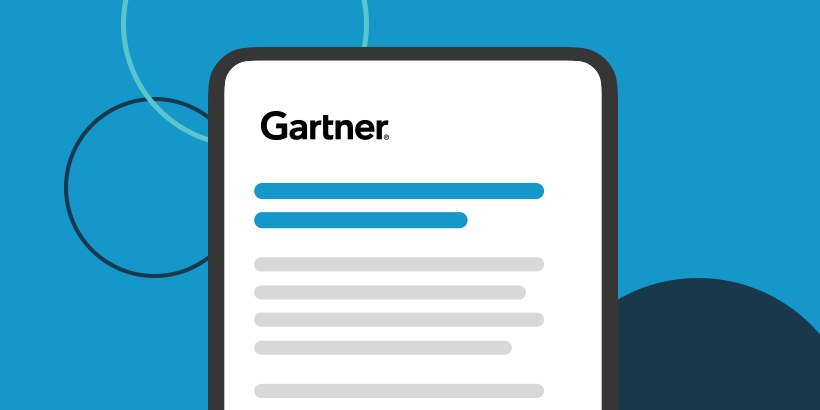
Enhancing Fintech Cybersecurity: Overcoming Challenges and Implementing Solutions
Nowadays, financial technology companies (fintech) have revolutionized transactions and financial management. However, this rapid growth brings the urgent need for robust cybersecurity measures. As fintech becomes a prime target for cybercriminals, proactive protection of transactions and financial data is critical.
Security Challenges in Fintech
Fintech companies face data security risks due to their handling of sensitive information, including banking data, credit card numbers, and transactions. Consequently, they become attractive targets for unauthorized access. Additionally, sophisticated phishing attacks take advantage of users’ trust in fintech, seeking to obtain personal and financial information. This poses an ongoing risk of identity theft, as attackers impersonate legitimate fintech entities for fraudulent activities. Moreover, fintech’s heavy reliance on technology exposes them to potential infrastructure security breaches. These breaches can occur due to software vulnerabilities, misconfigurations, or a lack of security updates.
Solutions for Strong Cybersecurity
To enhance cybersecurity in fintech, it is important to implement robust authentication measures such as multifactor authentication (MFA) and biometrics. These methods restrict access to authorized users, providing an extra layer of security against compromised accounts. Empowering fintech users with security best practices is crucial. Educating them on identifying fraudulent messages, creating strong passwords, and protecting their devices reduces the risk of falling into cyber traps.
Regular security audits play a vital role in identifying vulnerabilities within the IT infrastructure. By conducting these audits frequently, fintech companies can promptly apply patches and updates to defend against the latest cyber threats.
Collaborating with cybersecurity experts is highly recommended. Partnering with specialized firms allows access to services like risk assessments, penetration testing, and security consulting. This collaboration helps identify and mitigate potential threats effectively.
Adhering to relevant security standards and regulations, such as the General Data Protection Regulation (GDPR), ensures the proper protection of users’ personal and financial data. Compliance with these regulations is essential for maintaining trust and safeguarding sensitive information.
As fintech companies continue to reshape the financial landscape, prioritizing cybersecurity is of utmost importance. By addressing data security risks, phishing attacks, infrastructure vulnerabilities, and implementing robust authentication methods, these companies can establish a strong defense against cyber threats. Collaborating with cybersecurity experts and adhering to relevant regulations further enhances protection.
At SOFFID, we understand the criticality of cybersecurity in today’s digital world. Our expertise and comprehensive solutions can help safeguard your company’s security and data integrity.


